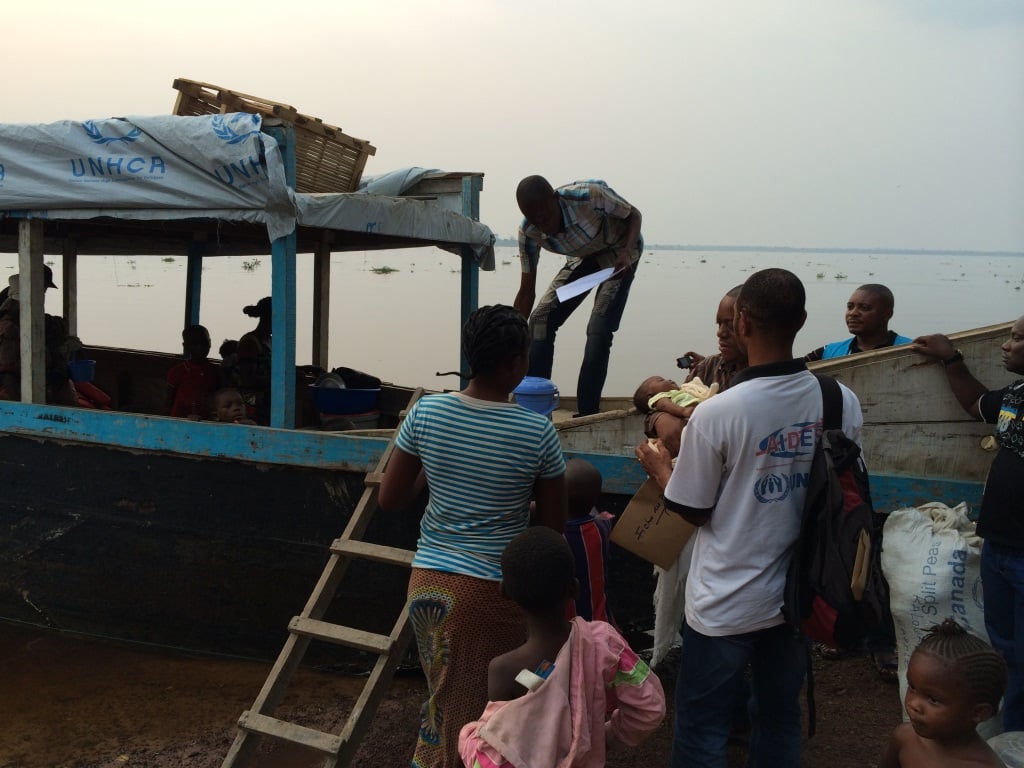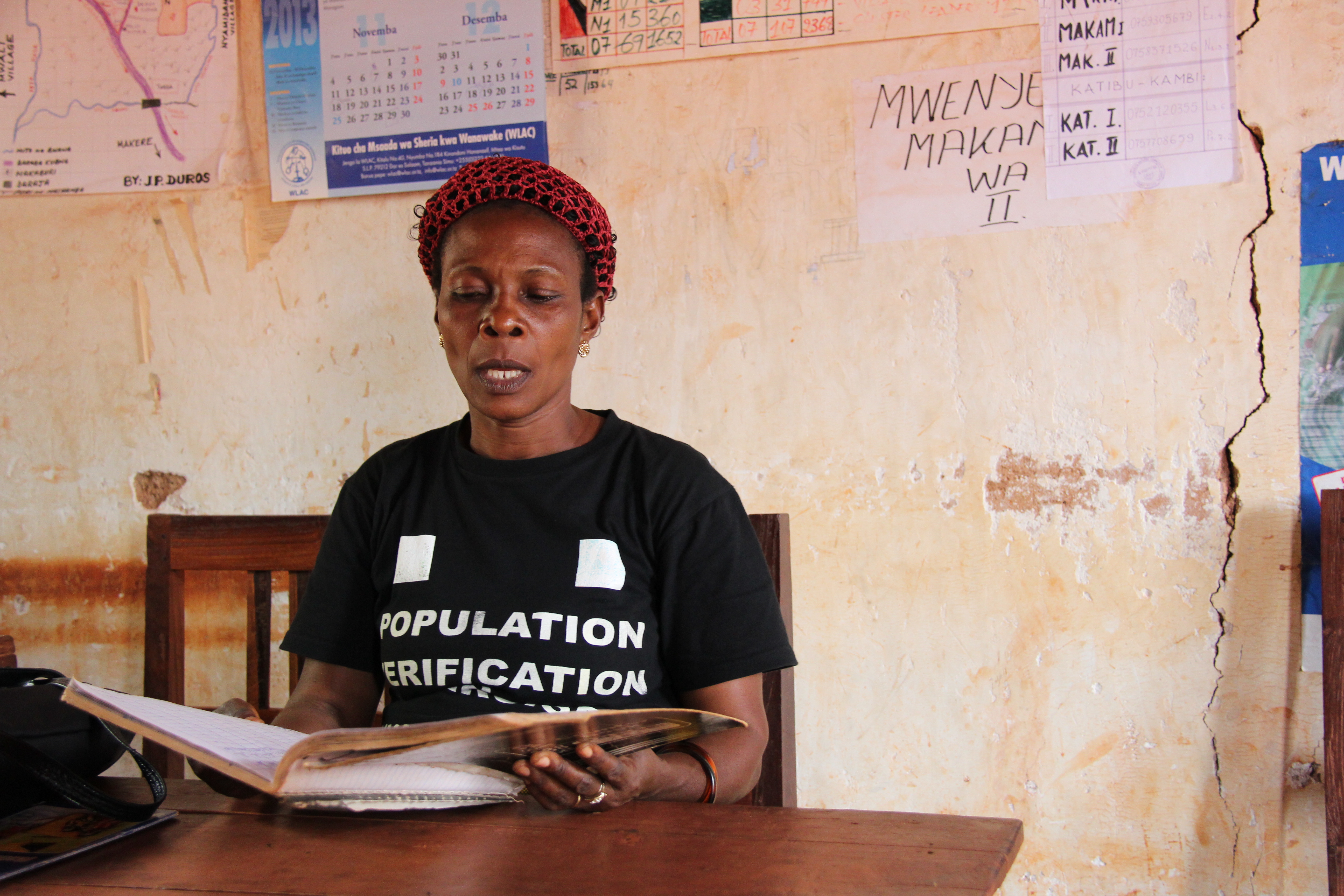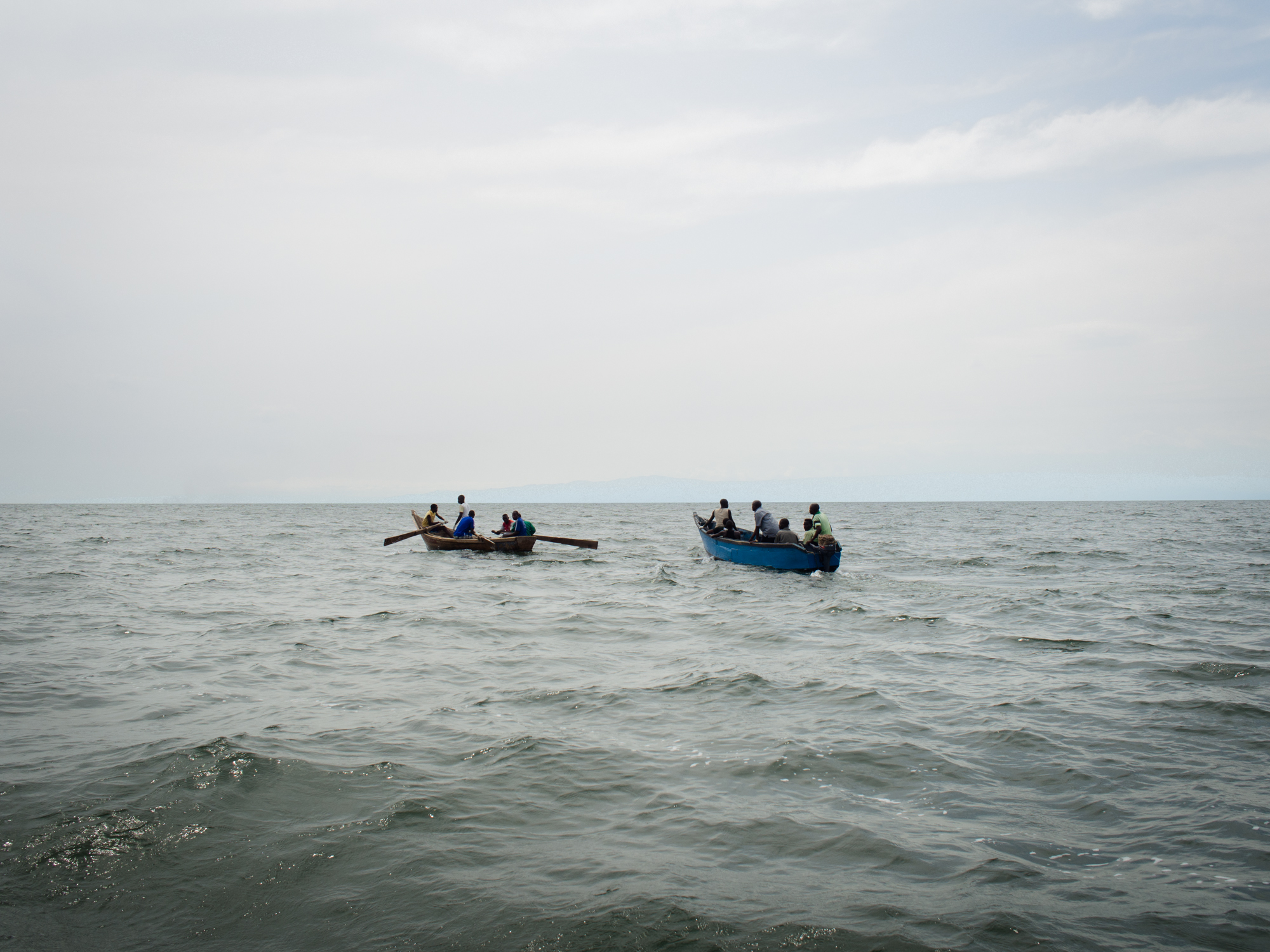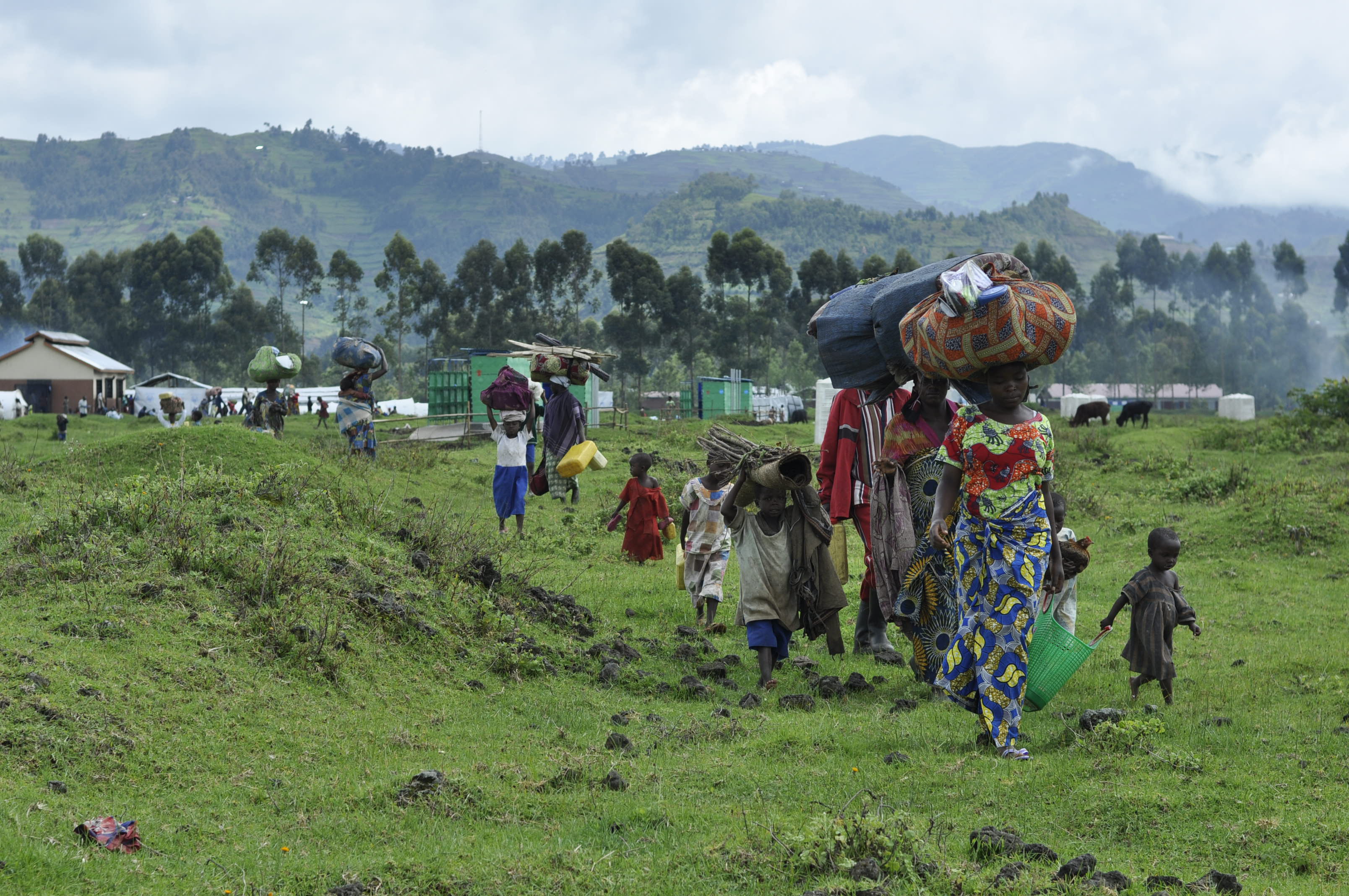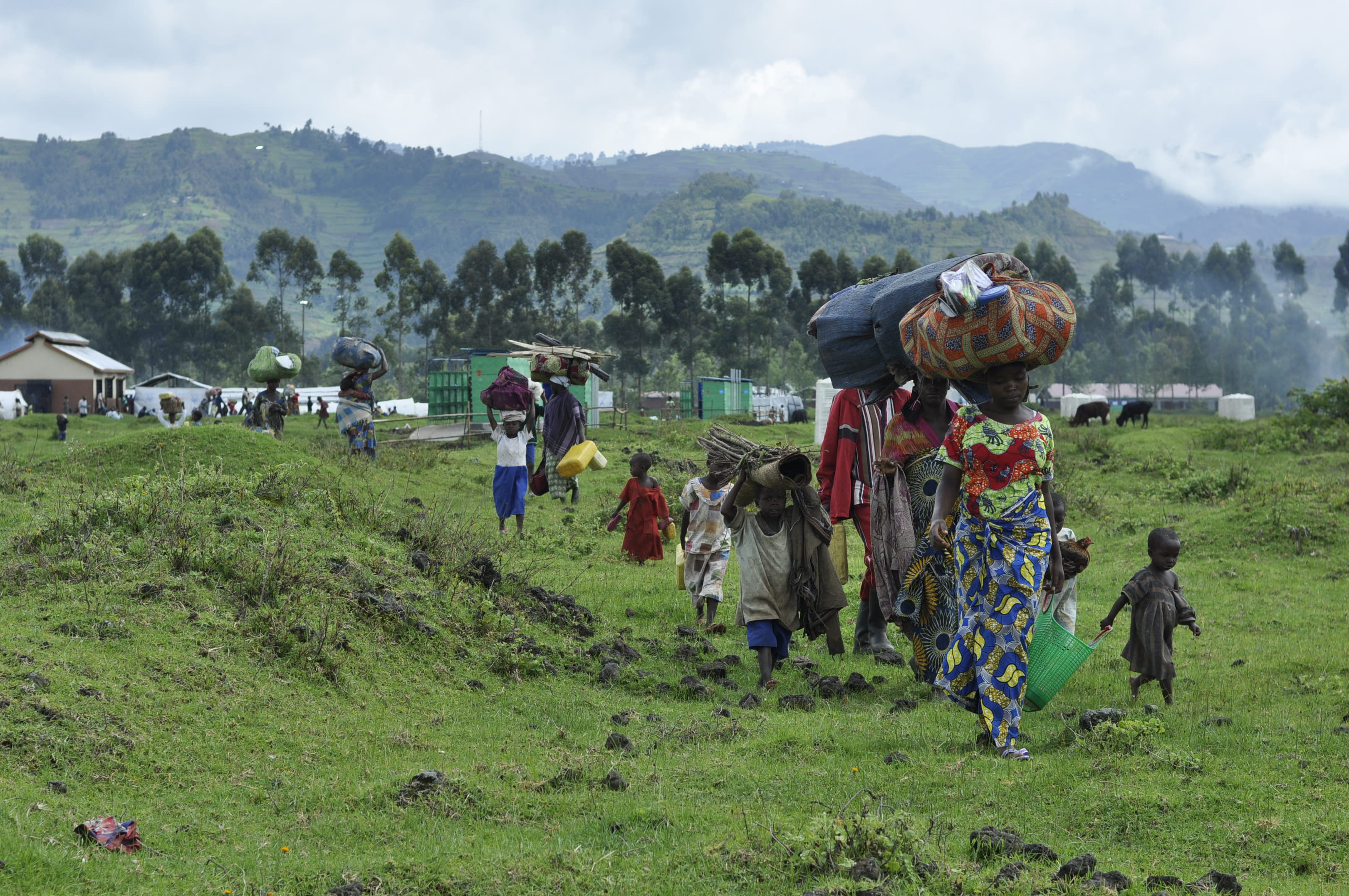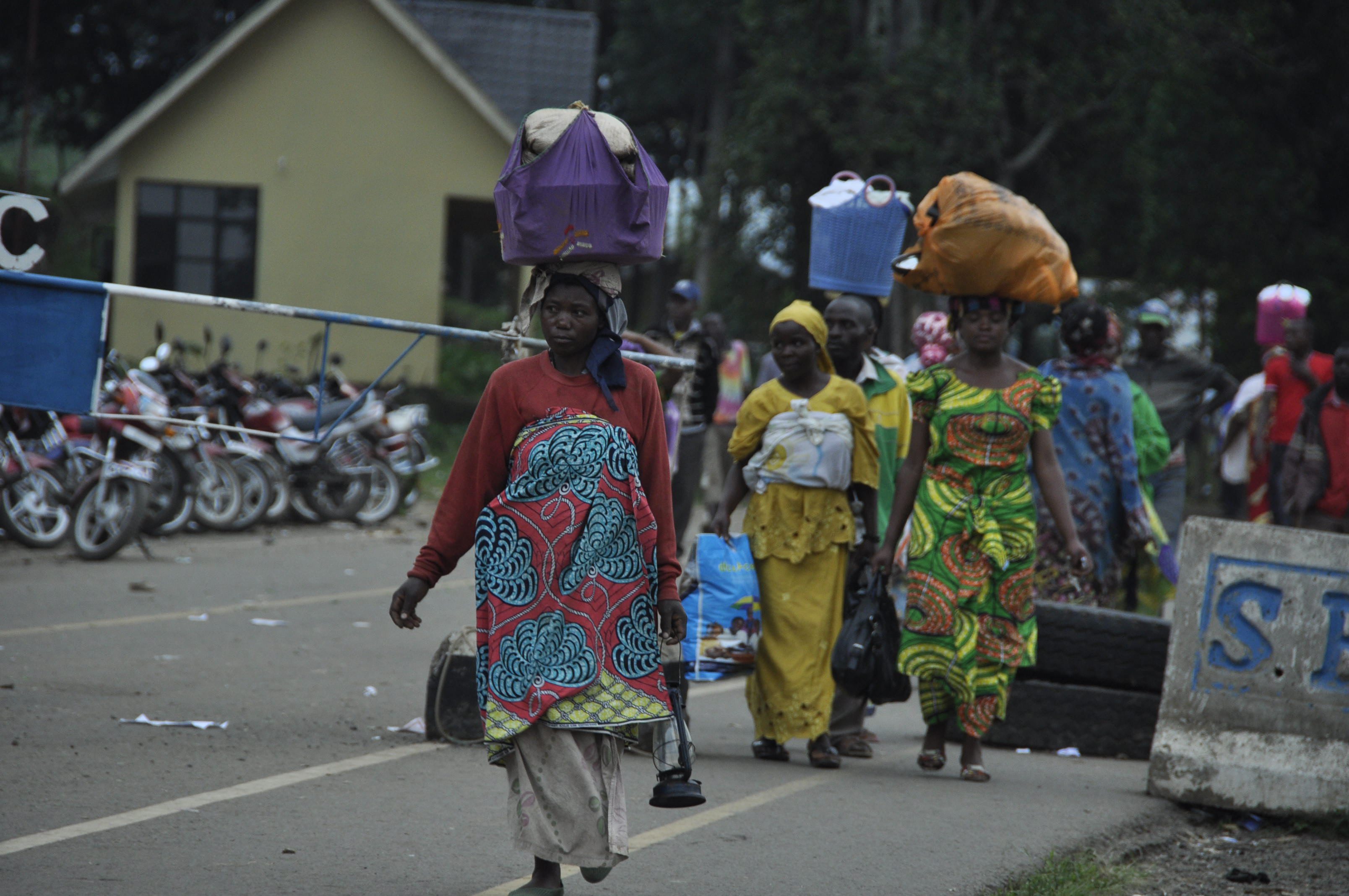UNHCR concerned about civilians amid continued instability in North Kivu
UNHCR concerned about civilians amid continued instability in North Kivu
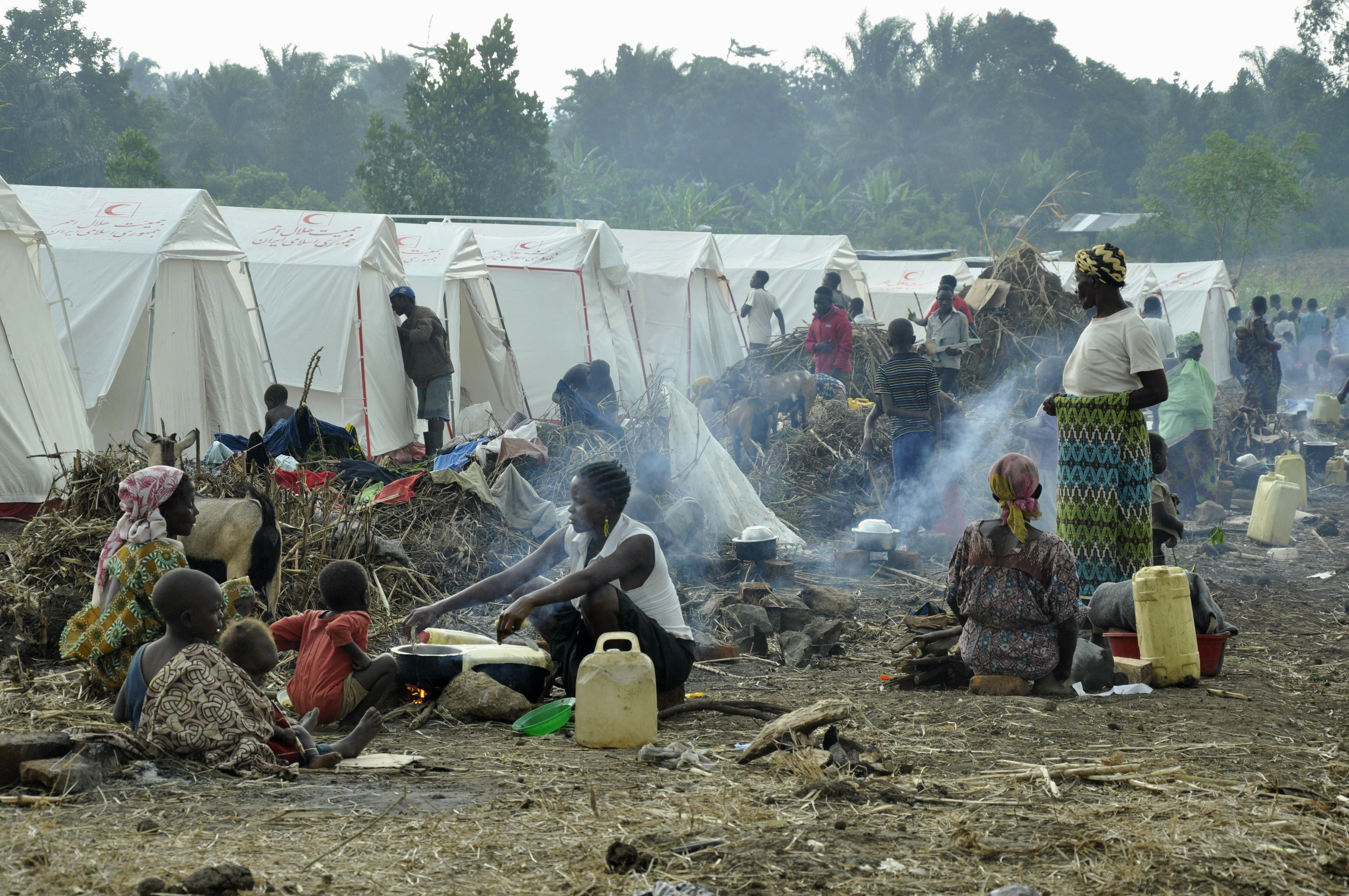
GENEVA, July 23 (UNHCR) - After nearly two weeks of fighting in Democratic Republic of the Congo's North Kivu province, the UN refugee agency said on Tuesday it was concerned about the situation of civilians in the area of conflict.
"On Sunday evening, bomb explosions and gunfire on the DRC side could be heard from border points in western Uganda's Bundibugyo district. Relatively few refugees have crossed over; we believe more could be trying to flee, but are not able to for various reasons," UNHCR spokesman Adrian Edwards told journalists in Geneva.
"Access to the area is not possible for humanitarian agencies, and conditions of those who do not make it across to Uganda are unclear. It takes refugees from the Kamango area around 12 hours to walk to the Ugandan border," he said, adding that by Monday evening, after two or three days of skirmishes, there was a momentary calm.
Tens of thousands of refugees first began pouring into western Uganda after fighting erupted between the Allied Democratic Forces (ADF), a Ugandan rebel group, and the Congolese armed forces in Kamango on July 11.
The Bubukwanga transit centre, some 25 kilometres inside Uganda from the border with the DRC, is now home to 15,714 refugees, 60 per cent of whom are under the age of 18. UNHCR's site planner has now assessed that this is its maximum capacity.
The Ugandan Office of the Prime Minister has pledged to begin electronic registration, using biometrics, by the end of this week so they can quickly begin moving refugees - if they wish - to the Kyangwali Refugee Settlement for longer term protection and assistance. There they will be given plots of land to farm, as well as basic household items.
Many refugees brought their animals with them from DRC and are sleeping in their tents with their ducks and goats, increasing the risk of disease in the transit centre. The emergency response will be shifting its focus on decongesting the transit centre as of this week.
Edwards also said that UNHCR staff at Bubukwanga had been checking for cases of sexual and gender-based violence (SGBV) among vulnerable people arriving in the camp. "So far, they have found nothing, but UNHCR and its partners are considering sending experts on SGBV and child protection to the camp," he said, while noting that as of Monday evening, there were 93 unaccompanied children at the transit centre and another 25 had been reunified with family.
"Meanwhile, our staff in the North Kivu capital, Goma, say fighting between the DRC government forces and the M23 rebel group is continuing. There were clashes on Monday, but the situation was calm on Tuesday morning," Edwards said. A UNHCR staff member in Goma, however, said there was no sign that the fighting, some 10 kms north of Goma, had ended.
When the fighting started last week, some 660 civilians fled to neighbouring Rwanda and about 4,200 people sought shelter at schools and churches in Goma. There has been no sign of further mass displacement.

